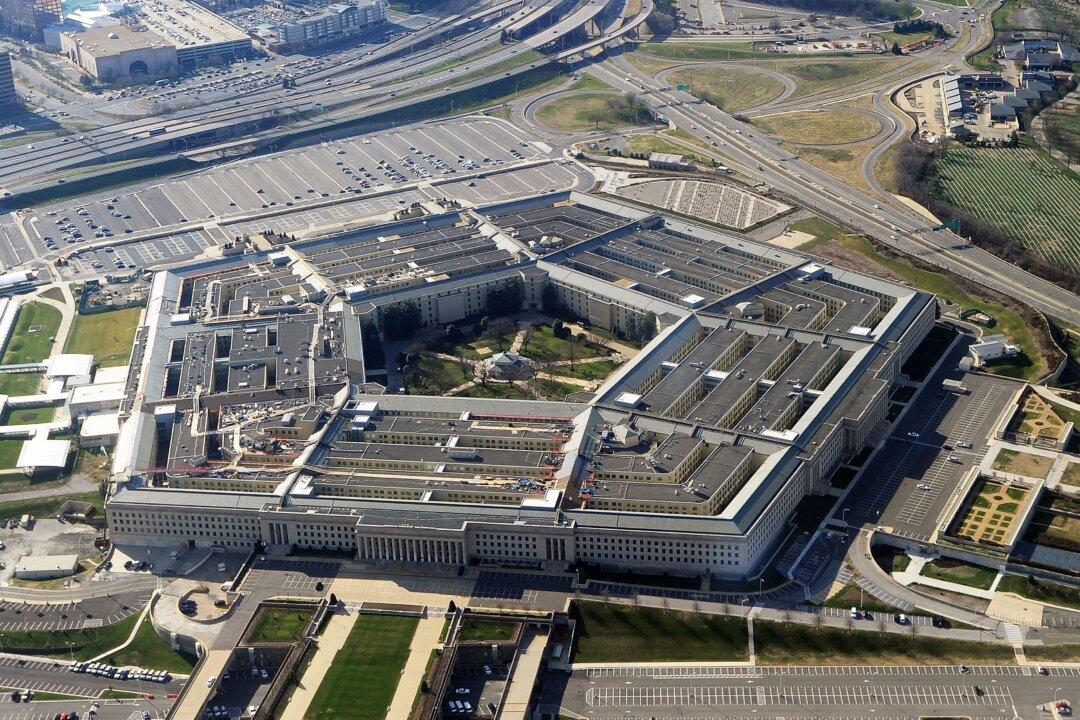A federal judge this week ruled that the Pentagon cannot turn away enlistees who are HIV-positive from joining the U.S. armed forces.
U.S. District Judge Leonie Brinkema, in a ruling issued on Aug. 20, argued that the Pentagon ban on such individuals attempting to join the U.S. armed forces would promote what she called the “ongoing stigma surrounding HIV-positive individuals while actively hampering the military’s own recruitment goals.”





